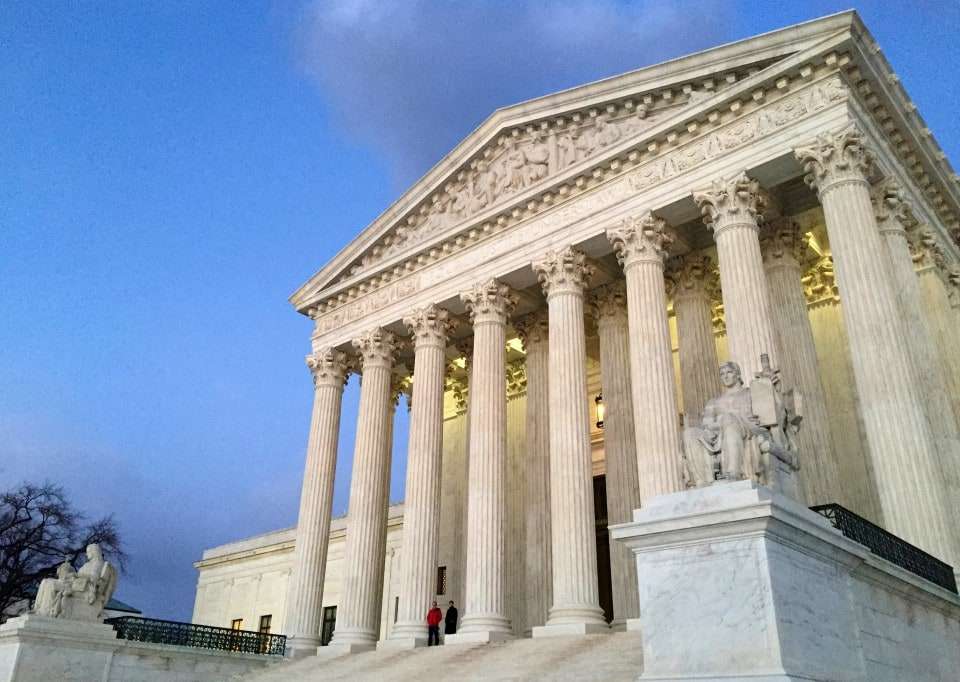The Volokh Conspiracy
Mostly law professors | Sometimes contrarian | Often libertarian | Always independent
Supreme Court to hear transgender bathroom case

Today the U.S. Supreme Court agreed to hear Gloucester County School Board v. G.G., a case concerning a school district's obligation to accommodate a transgender student under Title IX and the U.S. Education Department's implementing regulations.
This case both concerns questions about the meaning of Title IX, as well as the extent to which courts must defer to agency interpretations of their own regulations, as I've discussed in prior posts. In recent years, several justices and many scholars have raised questions about Seminole Rock and Auer deference, under which such deference is often required. If Auer and Seminole Rock are to be reconsidered, it will not be in this case.
In granting certiorari, the Court limited its consideration of the case to the following two questions:
If Auer is retained, should deference extend to an unpublished agency letter that, among other things, does not carry the force of law and was adopted in the context of the very dispute in which deference is sought?
With or without deference to the agency, should the Department's specific interpretation of Title IX and 34 C.F.R. § 106.33 be given effect?
Under the latter question, the issue is whether a school district's refusal to treat a student in accordance with his or her professed gender identity constitutes discrimination "on the basis of sex" under Title IX of the 1972 Education Amendments.
The Gloucester County, Va., School Board's petition for certiorari had also asked the Court to also address the vitality of Auer deference, but this question was not part of the grant. This is not the first time the Court has passed on the opportunity to reconsider Auer. For what it's worth, I also joined an amicus brief with Professors Michael McConnell and Richard Epstein, filed by the Cato Institute, urging the Court to grant certiorari in order to reconsider this doctrine. Apparently our brief was not sufficiently convincing.
While the Court is not prepared to reconsider Auer and Seminole Rock, it may be willing to narrow their scope. While the questions presented presume the vitality of the underlying doctrine, the first question presents an opportunity to narrow the doctrine's application, much as the Court's Mead decision narrowed and clarified the application of Chevron deference.
Under Mead, agency interpretations of ambiguous federal statutes do not receive deference if they do not carry the force of law. As a practical matter, this means that, in order to receive deference, agency interpretations should be the product of notice-and-comment rulemakings or other agency proceedings. If Auer and Seminole Rock are to survive, the application of a similar principle would be most welcome. It would also bring further clarity and consistency to the various deference doctrines in administrative law.


Show Comments (0)